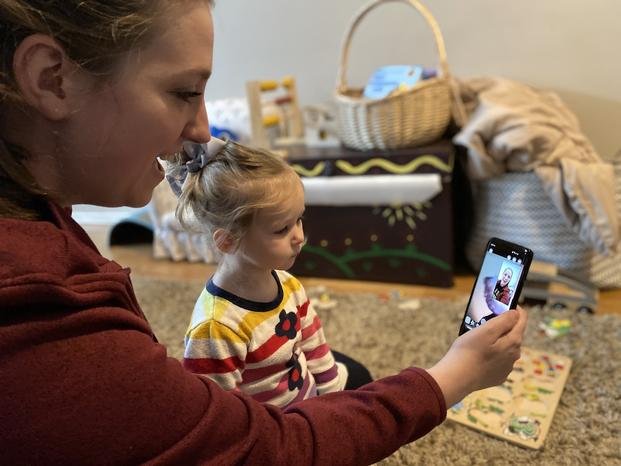One of you great readers not long ago said that we have a tendency to rely too much on the government for fixes to our relationships and emotions. That comment served as a little wake-up call to me.
I spend a lot of time writing and thinking about the governments’ role in our military lives. We depend on them everything – pay, the schedule of our loved one, housing, healthcare, childcare and so much more. We depend on our leaders because they ask us to. Sometimes we depend on them because we have no other choice.
When I write about government programs for military families I do so with one quest in mind: if our leaders say they are going to use tax dollars to do something for us, I need to see results. If they are going to spend gobs of money on programs, those programs need to have an impact. It’s as simple as that.
But I’ve come to a realization. When thinking so much about government programs it becomes easy to forget the most important caretaker in our lives: us.
I asked Dennis Orthner, a researcher and professor with the University of North Carolina who has studied outreach to military families, what he thinks about this issue. Has the military taught us to expect its assistance and then wait helplessly until it arrives? Have we been sucked into a culture of hand-outs?
His answer was both “yes” and “no.”
“To the credit of our military families – they do a [darn] good job of taking care of themselves. It’s amazing how the military community supports one another during times of challenge,” he said.
On the other hand, he said, both families who receive services and the people assigned to give them often have a sense of entitlement. Families feel like they deserve the help – the providers only want to give it on their schedule.
The big entitlement moment for spouses, Orthner said, happens before crises hits. Instead of being proactive in the simple things, like making sure both we and our spouses have a living will, we tend to lean back and wait for a government program to tell us what to do. And the people who run the program lean back and wait for us to ask for help.
You can see how nothing ever gets done.
“This is where the entitlement part is a double-edged sword,” he said. “[Providers] feel like they’re entitled to offer services within their band of hours in their office space. … Families want providers to come to them.”
The great challenge then, he said, is in teaching spouses to fend for themselves on all subjects while getting the providers to reach out with the information.
Figuring out how to fix the problem is something that has yet to be accomplished. Old habits die hard, and breaking these won’t come easy. It’s readers like you who make the difference, remembering every day that you are your greatest advocates. Keep it up.
Keep Up with the Ins and Outs of Military Life
For the latest military news and tips on military family benefits and more, subscribe to Military.com and have the information you need delivered directly to your inbox.










